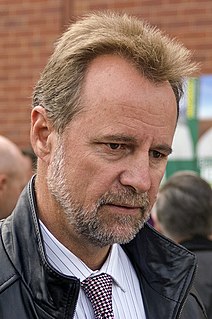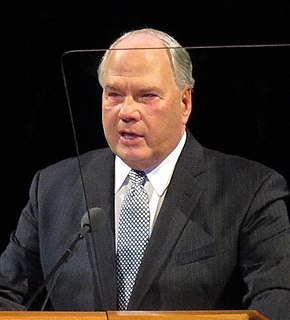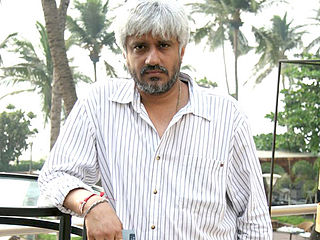A Quote by Tedros Adhanom
My experience in Ethiopia helped shape my vision for WHO. We need to promote evidence-based decision-making and awareness. Specifically, we need to advocate for research and development, champion and support global and regional coalitions, and strengthen national capacity.
Related Quotes
I spend most of my time in South Korea but at least one-third of my time is spent traveling around the world, meeting people, speaking about climate change and sustainable development and trying to foster global citizenship especially for young people. What I observe is there clearly is a need for global citizenship. That is exactly right. We are having troubles around the world. We need global vision.
There is no strong evidence to prove significant human influence on climate on a global basis. The global cooling trend from 1940 to 1970 is inconsistent with models based on anthropogenic carbon dioxide emissions. There is no reliable evidence to support that the 20th century was the warmest in the last 1000 years.
We have emphasized the importance of applied action research because it allows evidence-based policy and program development and a focus on learning. We are also committed to using a participatory approach in which local people, local program managers and providers, local researchers, women's health activists, and national decision-makers play the leading role. International "experts" from technical assistance agencies or universities can make important contributions, but they certainly don't have all the answers.
WHO has a country office in nearly every developing country, usually located close to the Ministry of Health. Staff in these offices need to do much more to help ministries of health strengthen their national health plans and strategies and then negotiate with development partners to support these priorities and follow these plans.
But Australia faces additional regional and global challenges also crucial to our nation's future - climate change, questions of energy and food security, the rise of China and the rise of India. And we need a strong system of global and regional relationships and institutions to underpin stability.
Our rising generation is worthy of our best efforts to support and strengthen them in their journey to adulthood. … In every action we take, in every place we go, with every Latter-day Saint young person we meet, we need to have an increased awareness of the need for strengthening, nurturing, and being an influence for good in their lives































